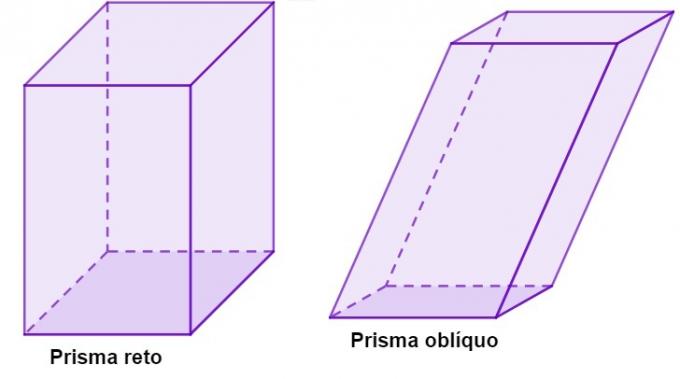What would be a mere disposal of organic material now represents the opportunity to create organic products. first quality, with high added value and commercial demand, in addition to solving, by table, a problem environmental.
This is how the innovative solution of a businessman from Rio Grande do Sul can be defined who, in partnership with the Senai Institute of Technology in Leather and Medium Environment, identified the potential for reusing peach pits, which can be transformed into oil, activated carbon and fungicide Natural.
see more
Sabertooth fossils reveal secrets of animal evolution
Modern Dating: Japanese Dads Are Going on Dates Instead of…
The brilliant idea was conceived by businessman Fábio Pereira dos Santos de Castro, from Rio Grande do Sul, when he realized that he could give it another purpose. to the mountains of peach pits, which piled up near agribusinesses in Pelotas (RS), the national fruit capital.
After exhaustive research, Castro reused 5 thousand tons of seeds that would have been discarded in the environment, every year (only 25% of the total discarded would be used for replanting purposes), to create products, as:
- Almond oil from peach seeds, very fragrant, full of special properties, for the manufacture of cosmetics.
- Condensed pyroligneous extract, a type of fungicide for use in agriculture, a by-product of the pyrolysis that increases plant resistance, already validated by the Brazilian Agricultural Research Corporation (Embrapa).
- Activated carbon for use in the treatment of effluents and water, among other applications.
Currently, pyroligneous extract and activated charcoal are sold for R$10 per liter and kilogram, respectively. A liter of almond oil costs, on average, R$1 per liter.
Upon realizing that peach pits, when buried in the ground, did not degrade, the businessman deepened his research, which allowed him to acquire precious information about the properties of almond oil, as well as mastering the technique of creating activated charcoal for water treatment, not to mention another discovery he made, that of the extract pyroligneous.
After renting a brickyard, the enterprising businessman started using ‘gigantic’ ovens to produce activated charcoal. It was the beginning of a successful business, which continues to this day. By solving a recurring environmental problem, Castro began providing services in the environmental area, as a supplier of inputs for different sectors, from the food industry to metalworking.

